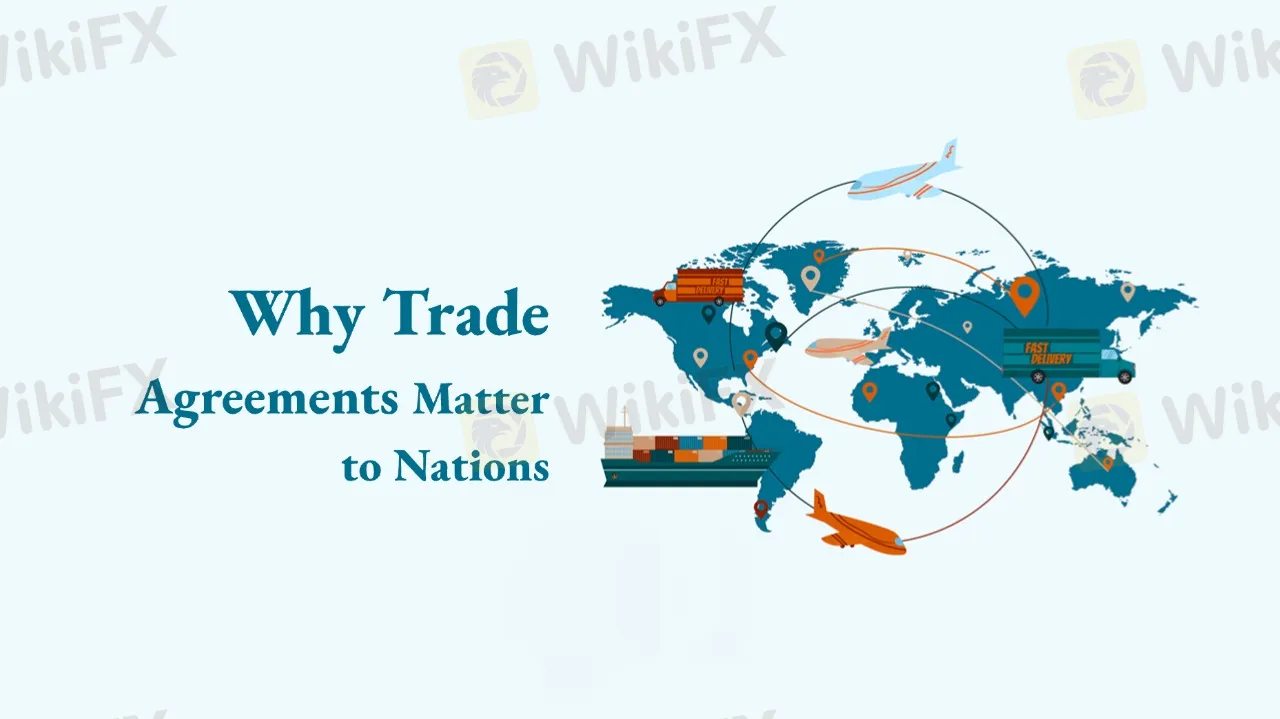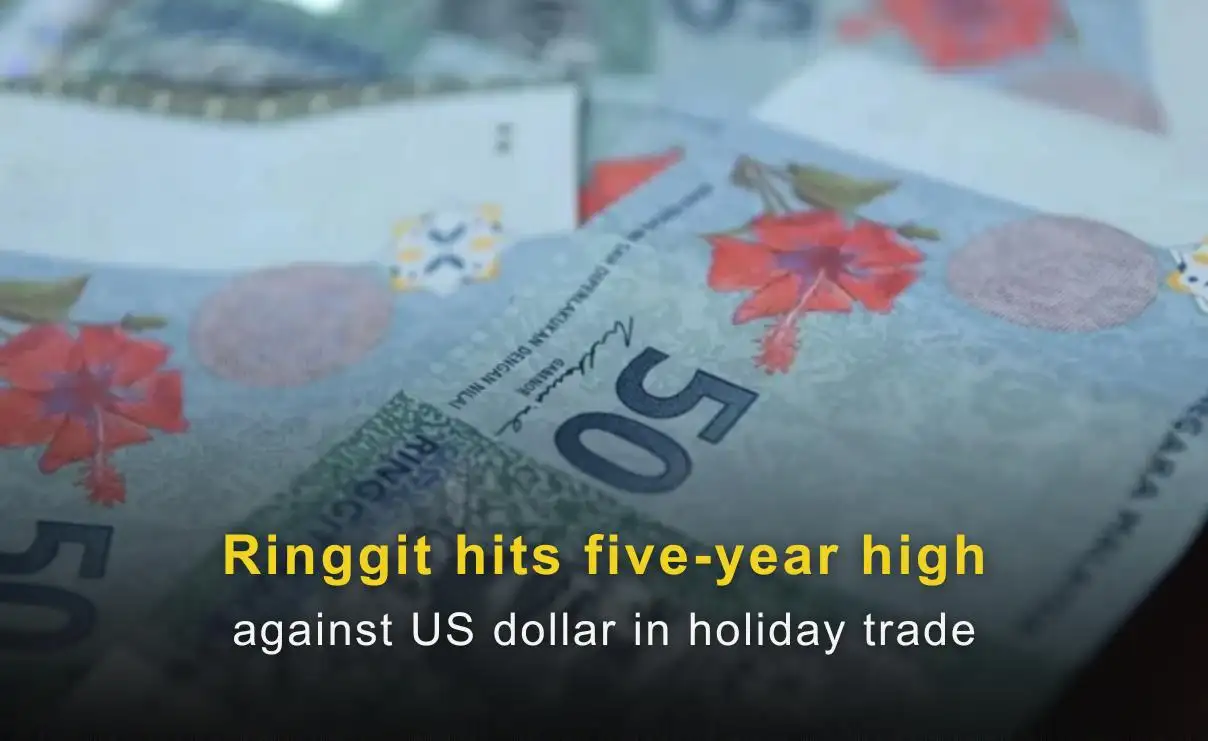Abstract:In today’s interconnected world, trade agreements serve as the foundation for stable and predictable international commerce.

They define critical elements like tariffs, quotas, product origin rules, and intellectual property protections, ensuring that goods and services can move across borders smoothly.
Without these frameworks, global trade would face costly delays, uncertainty, and disputes. Trade agreements allow countries to increase exports, attract foreign investment, and promote employment, making them powerful tools for economic growth.
Real-World Examples Speak Volumes
One notable case is the EU–Japan Economic Partnership Agreement, which offers tariff reductions for businesses on both sides. This has made European products like food, machinery, and vehicles more competitive in Japan, and vice versa.
As a result, bilateral trade volume has grown, while consumers enjoy more diverse and affordable choices. In the Pacific region, some developed nations grant unilateral trade benefits to developing countries, helping them access international markets and boost local economies.
Changes in trade policies can instantly reshape pricing, supply chains, and industry dynamics. A reduction in tariffs might stimulate exports, while new restrictions could hurt company margins.
Markets respond swiftly—stock indexes, exchange rates, and commodity prices often fluctuate based on trade developments. For e-commerce players, trade agreements are especially impactful, as lower landed costs mean better pricing power and broader market access.
Keeping up with trade agreements isnt just for governments; businesses and investors need to track these shifts closely to stay competitive.










